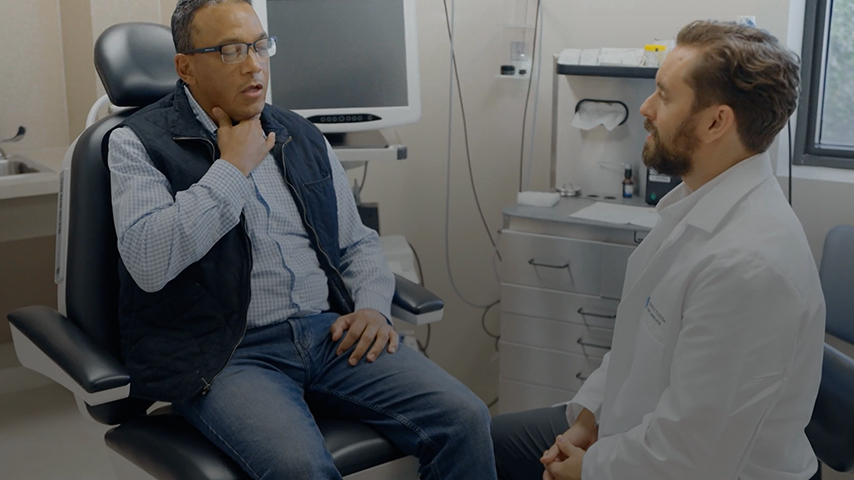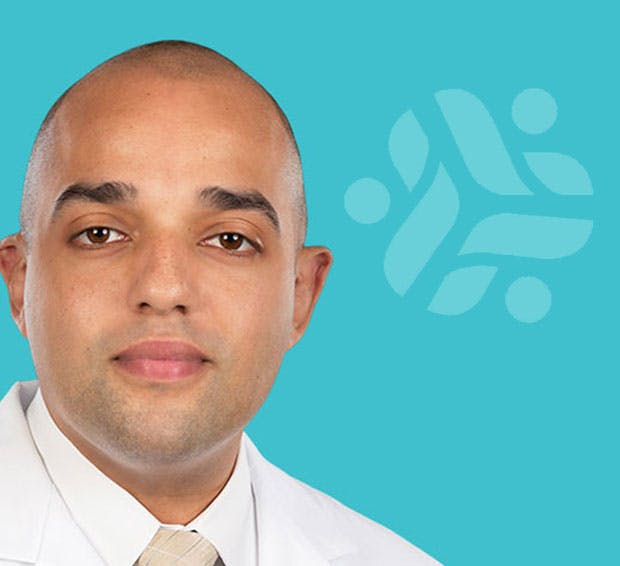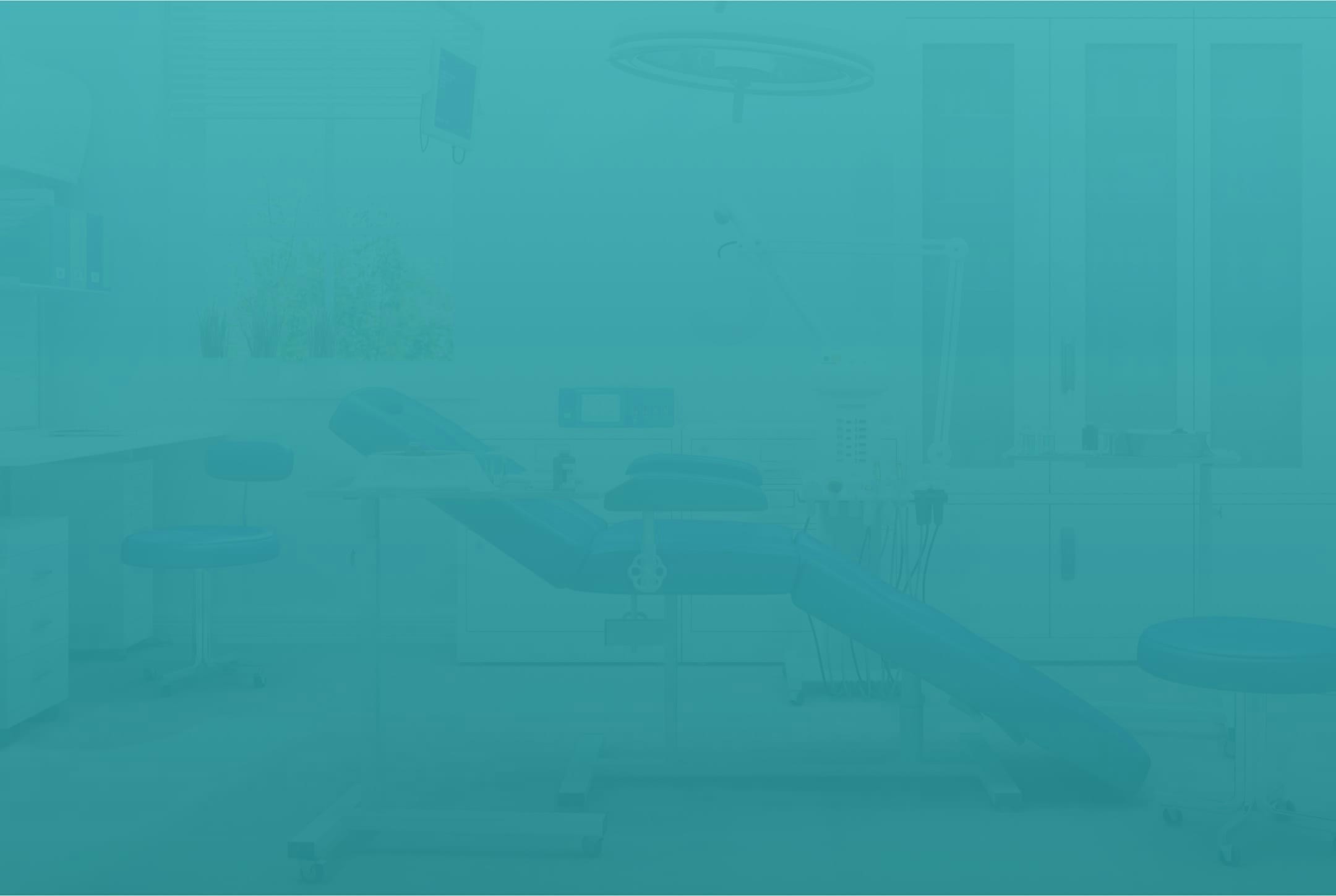A person’s voice serves as their vocal signature. In many social situations, it defines our interactions with the people around us. When our voice fails to work for us, it can result in unintended social isolation and poor performance. Studies have shown that up to 30% of Americans suffer from a voice problem at some point in their lives. Up to 28 million Americans are affected daily in their work activities. It is for this reason that voice problems should not be ignored, especially those that persist for greater than two weeks.
How To Treat Vocal Cord Paralysis
Vocal cord paralysis (or “vocal fold paralysis”) is a common...











